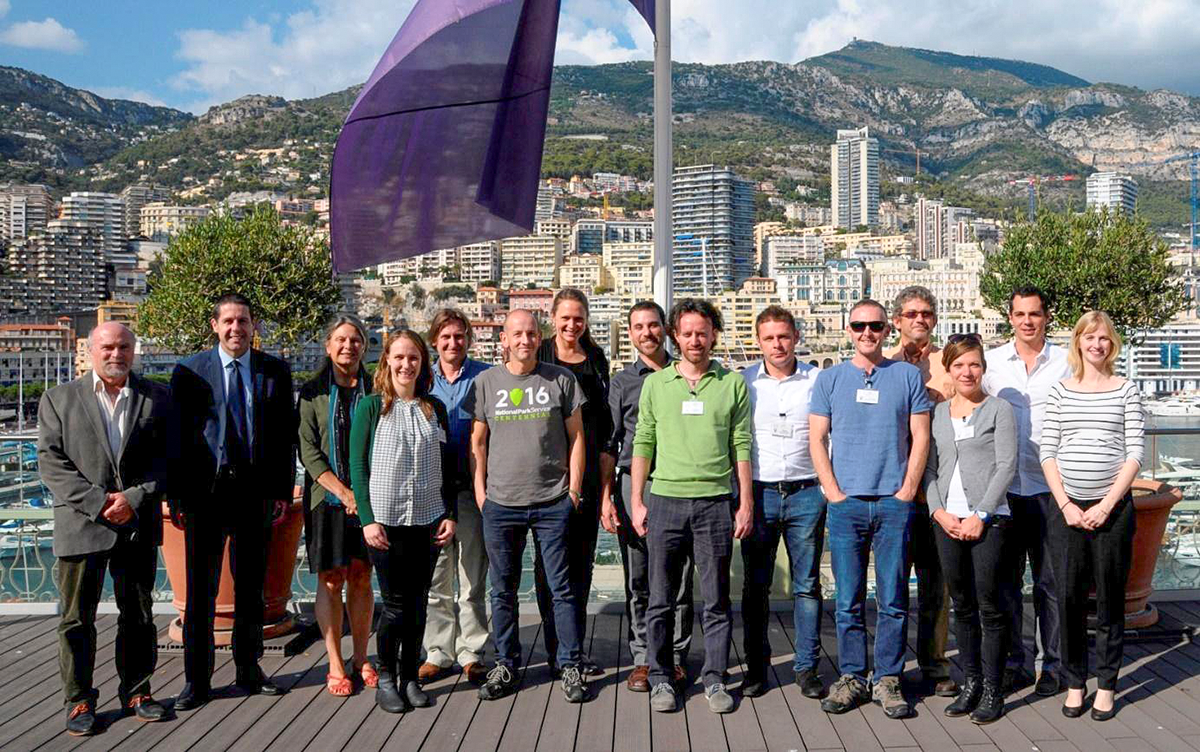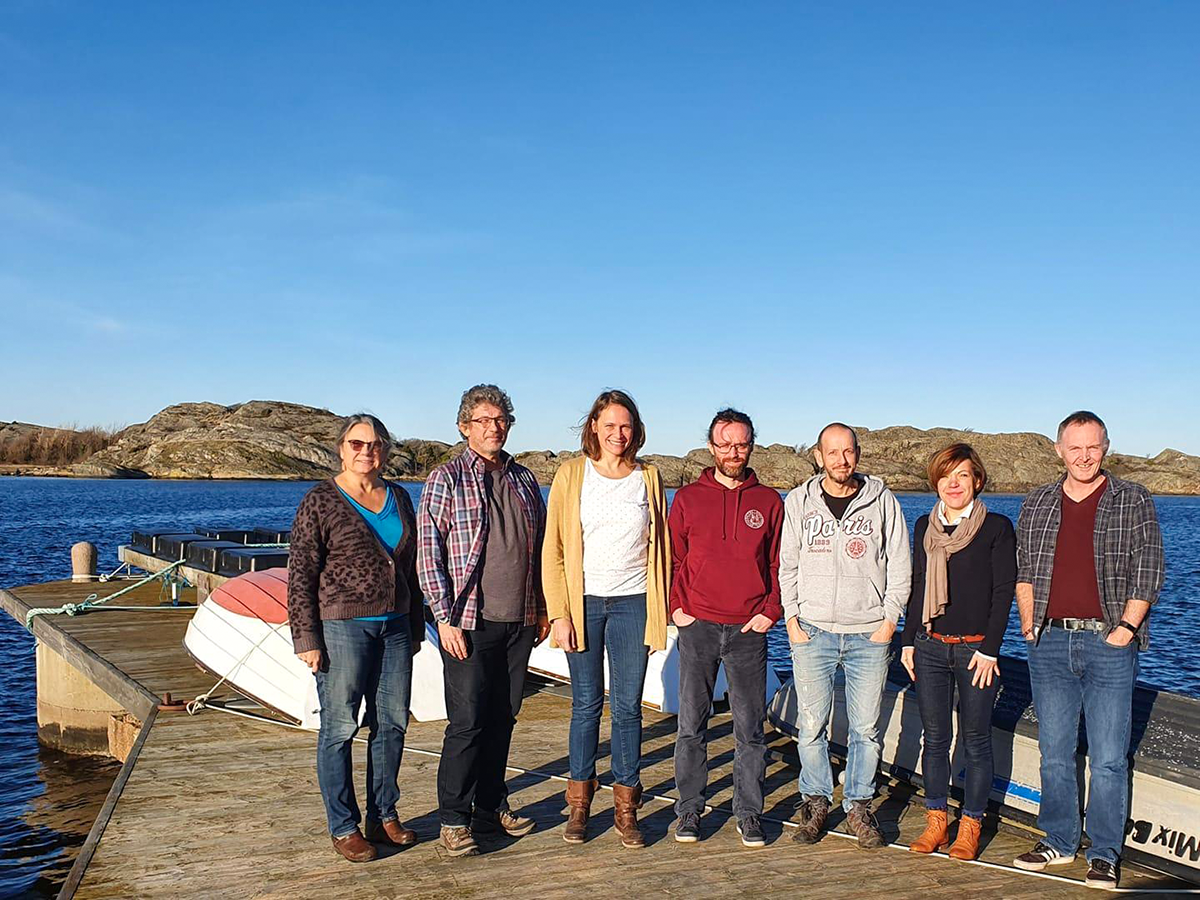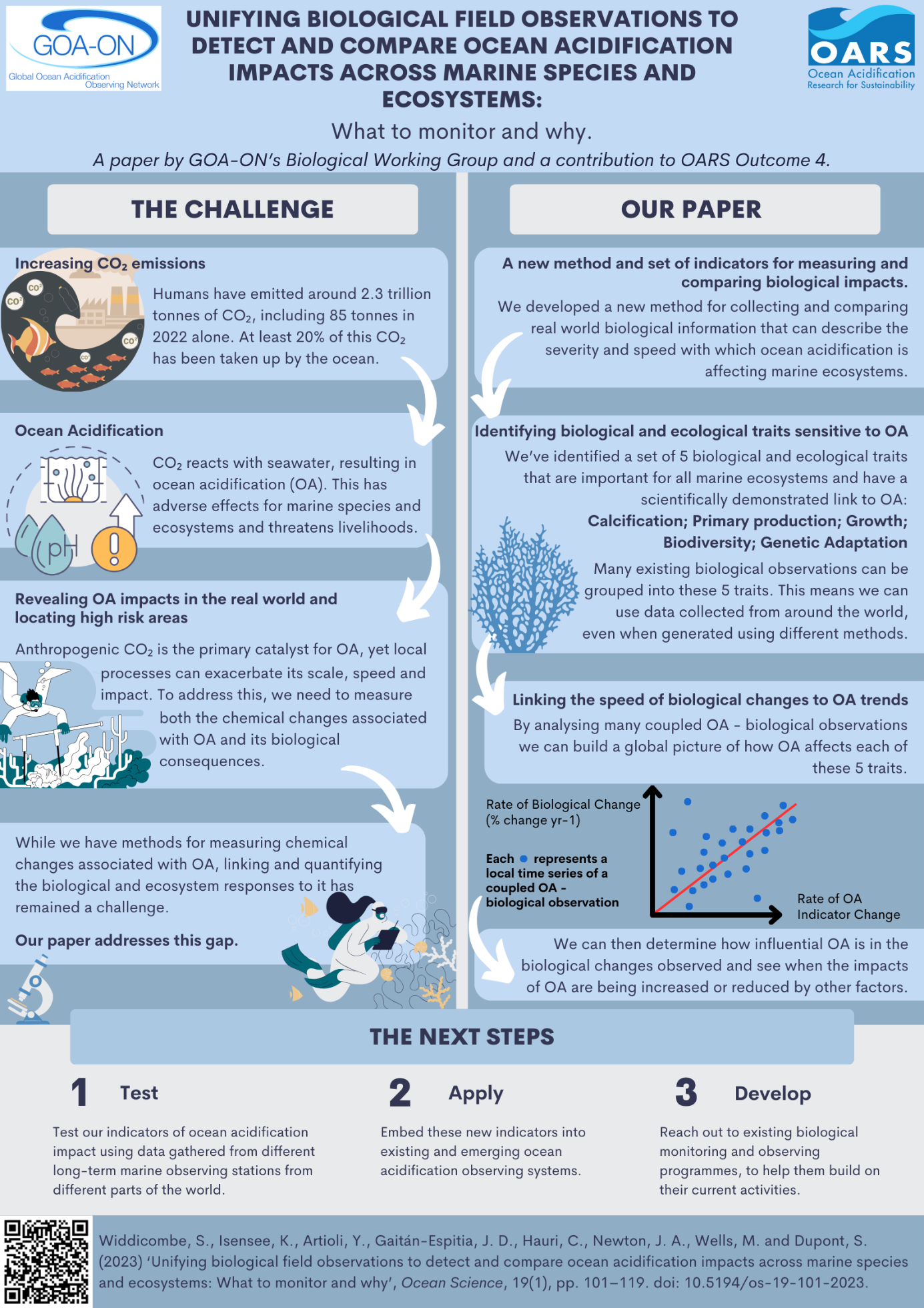GOA-ON Biology Working Group
Since its foundation, GOA-ON has acknowledged the critical role of biology in achieving its three high-level goals. Chemical observations of ocean acidification are now well established with community-agreed best practices and procedures. However, evaluating the impact of these chemical changes on marine organisms at relevant scales is critical.
Marine life plays a pivotal role in driving carbonate chemistry variability in the coastal zone. This natural variability can lead to local adaptations modulating both species and ecosystem sensitivity. In addition, the biological pump is a key component in the global ocean carbon cycle, and it is therefore of critical importance to incorporate it when investigating acidification in the open ocean.
History
To strengthen the contributions of biologists in the development and implementation of GOA-ON, the GOA-ON Biology Working Group was formed in 2015. Chaired by Dr. Kirsten Isensee (IOC-UNESCO) and Dr. Sam Dupont (University of Gothenburg), the Biology Working Group is a constantly evolving group of experts from a wide range of disciplines.
Three main tasks were identified during the first in-person meeting hosted by the IAEA Ocean Acidification International Coordination Centre (OA-ICC) in Monaco in 2016.
- Task #1 - Inform the chemical monitoring program of the biologists needs to infer species and ecosystem responses.
- Task #2 - Evaluate the needs and requirements of a biological monitoring program.
- Task #3 - Develop a theoretical framework linking chemical changes to biological response.

First in-person meeting of the Biology Working group in Monaco (2016). From left to right: Peter Swarzenski (IAEA), David Osborne (IAEA), Jan Newton (University of Washington), Laura Falkenberg (University of South Australia), Phil Williamson (University of East Anglia), Sam Dupont (University of Gothenburg), Claudine Hauri (University of Alaska Fairbanks), Piero Calosi (Université du Québec à Rimouski), Yuri Artioli (Plymouth Marine Laboratory), Maciej Telszewski (IOCCP), Steve Widdicombe (Plymouth Marine Laboratory), Mark Wells (University of Maine), Kirsten Isensee (IOC-UNESCO), Marc Metian (IAEA), Lina Hansson (IAEA).
Progress
Members of the Working Group gathered for a second in-person workshop held at the Kristineberg Marine Station in Sweden during 2020 to work on Task #2 (Evaluate the needs and requirements of a biological monitoring program).

Second in person meeting of the Biology Working group in Sweden (2020). From left to right: Jan Newton (University of Washington), Mark Wells (University of Maine), Claudine Hauri (University of Alaska Fairbanks), Yuri Artioli (Plymouth Marine Laboratory), Kirsten Isensee (IOC-UNESCO), Sam Dupont (University of Gothenburg), Steve Widdicombe (Plymouth Marine Laboratory).
A new conceptual framework and strategy for ocean acidification biological monitoring was developed and published in Ocean Science in 2023 (Widdicombe et al., Unifying biological field observations to detect and compare ocean acidification impacts across marine species and ecosystems: what to monitor and why).

On-going Work
The priority of the working group is to test, develop, and validate the conceptual framework published in Widdicombe et al. (2023). Sites combining long-term carbonate chemistry and biology monitoring will be identified and the rates of changes for relevant biological indicators will be compared. This will be facilitated by an IOC-UNESCO led project funded by the Velux Foundation.
Additional on-going work, as well as potential new tasks, will be discussed during the next in-person meeting.
Related Resources
For more information or if you are interested in contributing, contact:
- Kirsten Insensee - k.isensee@unesco.org
- Sam Dupont - sam.dupont@bioenv.gu.se






